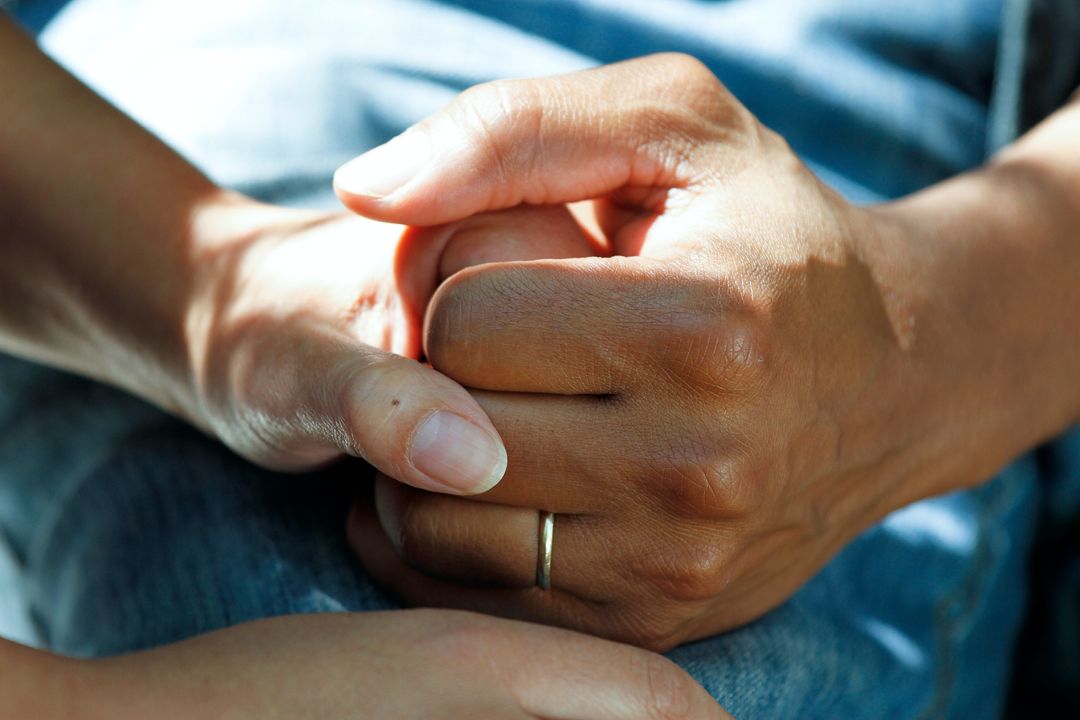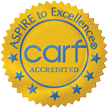Supporting a family member through opioid addiction recovery can be both challenging and rewarding. If you have a loved one who is struggling with opioid misuse disorder, you have the power to be a vital component to their recovery journey – families play a huge roll in providing encouragement and creating a positive environment. Here are some actionable tips for empowering families and friends to support your loved ones effectively through their recovery journey.

1. Educate Yourself: Understanding the nature of opioid addiction, the recovery process, and the different approaches available for opioid addiction (such as Medicated Assisted Treatment) is an important first step. Equip yourself with knowledge about treatment options, potential challenges, and the importance of an emotional support network. We have a resource hub filled with helpful resources for both the patient and concerned loved ones, so we recommend starting there.
2. Encourage Open Communication: Create a safe space for open and honest communication. Listen without judgment and encourage your loved one to share their thoughts, concerns, and progress throughout their recovery. Effective communication builds trust and fosters a supportive atmosphere, all key components to lasting recovery!
3. Attend Support Groups: Explore local support groups or counseling sessions designed for families of individuals in recovery. These settings provide an excellent opportunity to connect with others facing similar challenges, share experiences, and gain valuable insights into supporting a loved one’s recovery.
4. Be Patient and Understanding: Recovery is a journey with ups and downs, it’s not always straightforward. One of the best things you can do is be patient and understanding, recognizing that setbacks may occur from time to time. Celebrate the small victories and offer encouragement during challenging times. Your unwavering support can and will make a significant difference.
5. Participate in Family Therapy: Engage in family therapy sessions, where possible. These sessions, often facilitated by MAT therapists or addiction specialists, aim to improve family dynamics, enhance communication, and address any underlying issues that may contribute to addiction.
6. Assist in Creating a Supportive Environment: Promote a healthy and supportive environment at home. Remove triggers related to substance use, encourage a balanced lifestyle, and engage in activities that contribute to overall well-being. A positive home atmosphere is one of the simplest things you can do that can significantly impact the success of recovery.
7. Collaborate with Tennessee Addiction Specialists: For families in Tennessee, working closely with addiction specialists and outpatient recovery clinics is essential. Reach out to addiction specialists in Tennessee, like those at Cedar Recovery, for guidance, resources, and personalized assistance tailored to your loved one’s recovery needs.
Empowering families in the recovery process involves a combination of education, open communication, and collaborative efforts. By actively participating in your loved one’s journey and seeking support from professionals, you contribute to creating a foundation for lasting recovery.




